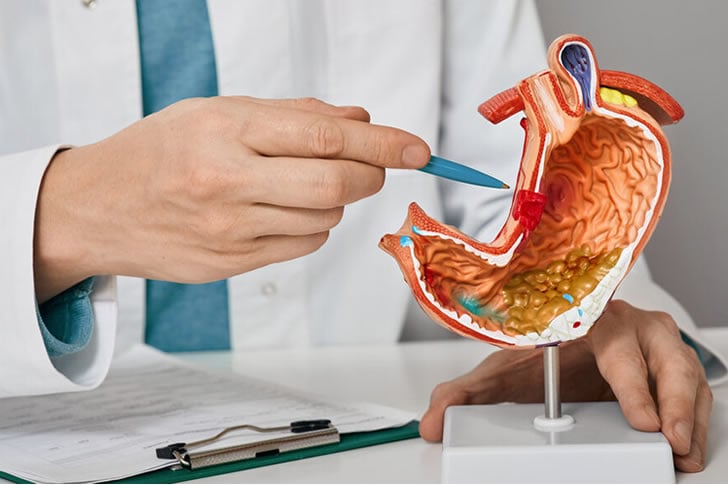Maintaining digestive health is crucial for overall well-being. Follow these expert tips from a gastroenterologist to keep your digestive system in top shape.

Digestive health plays a critical role in overall well-being, as the digestive system is responsible for breaking down food, absorbing nutrients, and eliminating waste. When digestive issues arise, they can disrupt daily life and impact other aspects of health. Here’s a comprehensive guide from a gastroenterologist on how to maintain and improve your digestive health.
Understand the Digestive System
The digestive system includes organs such as the mouth, esophagus, stomach, intestines, liver, and pancreas. Each part plays a specific role in processing food and nutrients. Keeping this system healthy ensures your body functions optimally.
Common Digestive Issues
Some of the most common conditions treated by gastroenterologists include:
If you experience persistent symptoms like abdominal pain, bloating, nausea, or changes in bowel habits, consulting a specialist is essential.
Tips for Maintaining Digestive Health
1. Eat a Balanced Diet
2. Practice Portion Control
Eating smaller, frequent meals can prevent overeating and reduce stress on the digestive system. This is especially helpful for individuals with acid reflux or bloating issues.
3. Stay Physically Active
Regular exercise supports healthy digestion by stimulating intestinal activity and reducing stress. Aim for at least 30 minutes of moderate activity most days of the week.
4. Manage Stress
Chronic stress can negatively impact digestion, contributing to conditions like IBS. Practice relaxation techniques such as yoga, meditation, or deep breathing to promote gut health.
5. Avoid Smoking and Excessive Alcohol
Smoking and heavy alcohol consumption can irritate the digestive tract and increase the risk of ulcers, acid reflux, and liver damage. Reducing or eliminating these habits supports overall digestive health.
When to See a Gastroenterologist
Consult a gastroenterologist if you experience:
Screening and Preventive Care
Preventive care is vital for long-term digestive health. For example:
Lifestyle Adjustments for Specific Conditions
For Acid Reflux (GERD):
For IBS:
For Constipation:
For IBD or Celiac Disease:
The Role of Probiotics and Prebiotics
Probiotics are beneficial bacteria that support gut health, while prebiotics are fibers that nourish these bacteria. Including both in your diet can enhance digestion and improve overall gut function. Sources include:
Conclusion
Digestive health is a cornerstone of overall wellness. By adopting a nutrient-rich diet, staying active, managing stress, and seeking timely medical care, you can keep your digestive system in peak condition. Regular check-ups with a gastroenterologist ensure that any issues are addressed early, allowing you to enjoy a healthier and more comfortable life.
Understanding Sme Neobank Impact

Exploring Webbank and Its Competitors

Discover Westminster Plaza Orlando

Discover Heartis Eagle Mountain Elegance

Westminster Plaza Orlando: A Comprehensive Guide

Transforming Banking with Sme Neobank

Discovering Westminster Plaza Orlando

Discovering Westminster Plaza Orlando

Life Insurance for Seniors: Maximizing Coverage and Benefits
